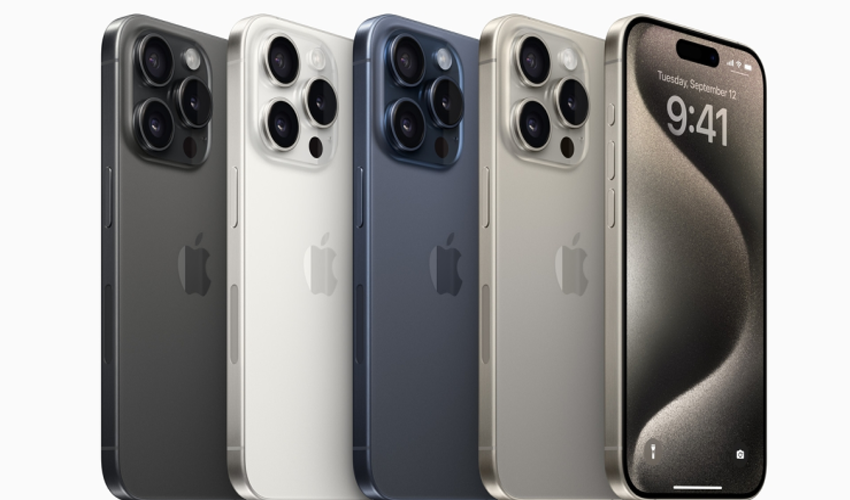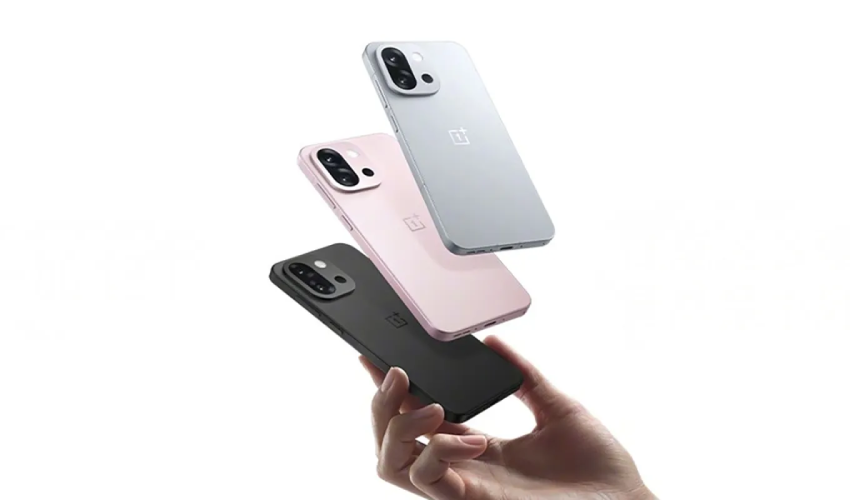In a bold move to safeguard its customers against counterfeit devices, Apple has unveiled a new security feature in the packaging of its recently released iPhone 15 models.
The packaging now includes hidden holograms that are only visible under UV light, providing an extra layer of protection against knockoff iPhones flooding the black market.
The introduction of this innovative security measure is seen as a significant step in the ongoing battle against iPhone clones, which have become increasingly prevalent in recent years.
Advanced anti-clone measures
Apple's latest iPhones, the iPhone 15 series, come in minimal packaging that includes only a USB-C cable alongside the device. However, the retail boxes have been discreetly fitted with holograms near the top and bottom, which can be detected under UV light. While this security feature is designed to deter potential clone buyers, experts caution that it may not be foolproof.
Although the addition of hidden holograms is a commendable security enhancement, it presents two key challenges. First, consumers will need access to a UV light to verify the authenticity of their iPhone 15 boxes.
The boxes of the new iPhone 15 are equipped with a security system that displays holograms under a UV light. This is a measure introduced by Apple to recognize real boxes and prevent people from being scammed pic.twitter.com/oBhQoc5IDI
— Majin Bu (@MajinBuOfficial) September 21, 2023
Second, there is a risk that counterfeit manufacturers in China could quickly replicate these holograms, rendering the measure less effective over time, says John Doe, a tech industry analyst.
Buyers beware in black market
Apple's decision to implement these anti-clone measures underscores the severity of the counterfeit iPhone issue, particularly in the black market. Potential buyers seeking discounted iPhones from unauthorized sellers online are advised to exercise caution.
The Apple retail store and its official website are the safest places to purchase iPhones, including the new iPhone 15 models. Beware of online scams offering unrealistically low prices for brand-new models, as these are likely to be counterfeit. Even when buying older iPhones, it's advisable to check with authorized retailers, warns Jane Smith, a cybersecurity expert.
Ensuring authenticity
For consumers concerned about the authenticity of their iPhones, there are reliable methods to verify whether a device is a genuine Apple product. Checking the serial number on the box through Apple's official coverage website or third-party verification sites is a recommended step. The same serial number should match the one found in the Settings app under General and About.
When purchasing a used iPhone, it's advisable to request the seller to log into their Apple ID account to confirm the device's authenticity. Clones running Android will not be able to complete this verification.
Given the rampant issue of iPhone clones, experts suggest that Apple should consider extending these hidden holograms to older iPhone models. Additionally, implementing such security measures for products like AirPods, which are frequently cloned, could provide added protection to consumers, concludes Smith.
While Apple's new security feature represents a step in the right direction, consumers are reminded to remain vigilant when purchasing iPhones, especially from unofficial sources, and to take advantage of existing methods to verify the authenticity of their devices.



























